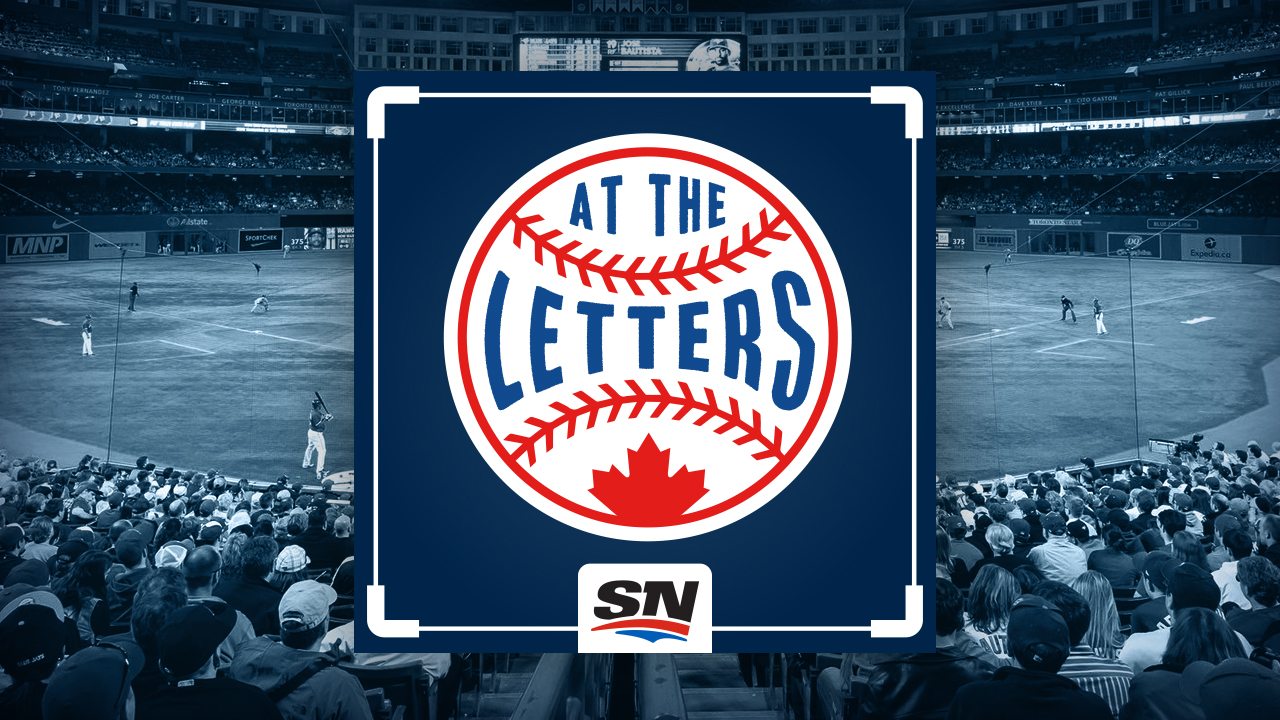Paul Beeston is a big fan of David Price, but he still wouldn’t have broken his five-year policy to sign the free agent pitcher.
During an hour-long appearance on Prime Time Sports Tuesday, the former president and CEO of the Toronto Blue Jays said handing out contracts longer than five years is a slippery slope, even for elite players like Price.
“David Price, for the little bit that we saw him here we got a taste of what that’s all about when you have an athlete who enjoys the game and makes everyone around him better,” Beeston said. “Not just the guys on the field — everybody in the clubhouse, management, fans, everybody. He’s a special guy. Quite honestly, you start looking at it, there’s no reason to think he’s not going to perform all the way through.
“Now, we’ll find that out because it’s a lot longer than I would have paid him.”
 Download it now: iOS | Android | Windows
Download it now: iOS | Android | Windows
Price’s departure to the rival Boston Red Sox, who signed him to a seven-year deal worth $217 million, did not go over well with a Blue Jays fan base coming off its first taste of playoff baseball in 22 years. New president and CEO Mark Shapiro along with team owners Rogers Communications Inc. took the brunt of the blame but Beeston, who refused to hand out player contracts longer than five years, said things probably wouldn’t have played out differently if he was still at the helm.
“Once you break that policy of over the five years or six years — take whatever your policy might be — you can just go on forever and pay and pay and pay,” Beeston said.
“You’re going to talk about [Price] and obviously try and push it, there’s no question about that. But how do we know they didn’t? They must have kicked tires somewhere along the line.”
Here are some other highlights from Beeston’s conversation with Bob McCown:
The summer of 2015
Beeston won two World Series with the Blue Jays, but nothing compared to the team’s run to the playoffs this past season.
“Those two months were the highlight of my 39 years in the game,” Beeston said.
The Blue Jays were a .500 team and seemed destined for another disappointing season before Anthopoulos sprung into action ahead of the trade deadline, acquiring Troy Tulowitzki, LaTroy Hawkins, Price, Ben Revere and Mark Lowe in a matter of days.
The deal that brought Tulowitzki and Hawkins to Toronto was particularly impressive to Beeston.
“He had been working on it for a year. He was relentless — it was fantastic.”
Those trades swung the season for the Blue Jays, who went 40-18 down the stretch and rallied past the Texas Rangers in the ALDS before eventually bowing out to the eventual World Series champion Kansas City Royals in six games in the ALCS.
“The thing that’s not ever mentioned, since 2013 when we emptied the farm system [in deals with the Marlins and Mets], he was able to build it back up through good scouting and development and put us in a position to make those trades.”
The blockbuster deals with the Marlins and Mets left Beeston and Anthopoulos feeling like the Blue Jays were “contenders,” but ultimately they didn’t translate into success as the team finished last in the AL East with a 74-88 record in 2013. Beeston said there was a different feeling this time around.
“Don’t know why, but they came together as a team.”
Anthopoulos vs. Gillick
Pat Gillick is the most successful GM in Blue Jays history, leading the team to two World Series and five division titles. Anthopoulos never matched those accomplishments but was widely regarded as one of the brightest young minds in baseball.
Besides the success, Beeston explained what the biggest differences were between his two GMs.
“Pat was cerebral … he was more of an intellect,” Beeston said. “Alex is a lot more practical. Alex likes the action, the negotiation, the arbitrations, discussing trades and moving guys in and out.”
Beeston also said he wasn’t surprised that Anthopoulos left the Blue Jays, but added “I wouldn’t have been surprised if he stayed either.”
The early days
The Blue Jays ranked 10th in MLB last season with a payroll of $136 million, a steep climb from where the team started in their inaugural season in 1977. Beeston said that the team’s payroll the first season was $817,000 and that they would go to arbitration with players over $3,000.







